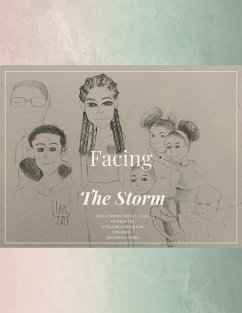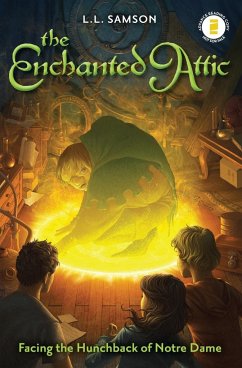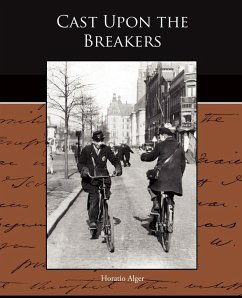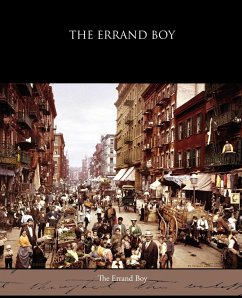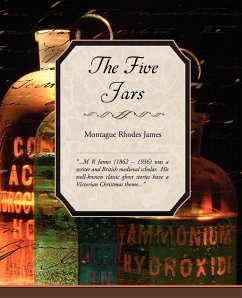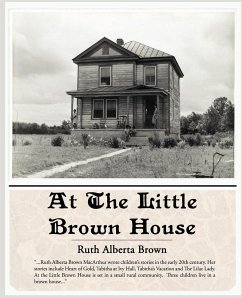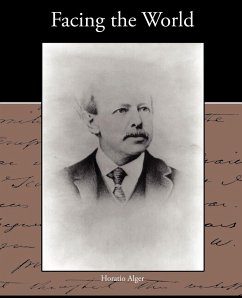
Facing the World
Versandkostenfrei!
Versandfertig in 1-2 Wochen
15,99 €
inkl. MwSt.
Weitere Ausgaben:

PAYBACK Punkte
8 °P sammeln!
Horatio Alger wrote 135 dime novels in the latter part of the 19th century. His stories were rags to riches stories illustrating how down-and-out boys might be able to achieve the American Dream. Alger's stories empathize the need for hard work and honesty as a way to get ahead. Alger describes young men in the city trying to get a head as newsboys, match boys, peddlers, street musicians, and many others. In Facing the World a boy's parents have both died. His guardian is unkind and unjust. The boy runs away and is fortunate to find a mentor who gives him a job as his helper in his magic act. ...
Horatio Alger wrote 135 dime novels in the latter part of the 19th century. His stories were rags to riches stories illustrating how down-and-out boys might be able to achieve the American Dream. Alger's stories empathize the need for hard work and honesty as a way to get ahead. Alger describes young men in the city trying to get a head as newsboys, match boys, peddlers, street musicians, and many others. In Facing the World a boy's parents have both died. His guardian is unkind and unjust. The boy runs away and is fortunate to find a mentor who gives him a job as his helper in his magic act. They travel over the country and have many interesting experiences.





